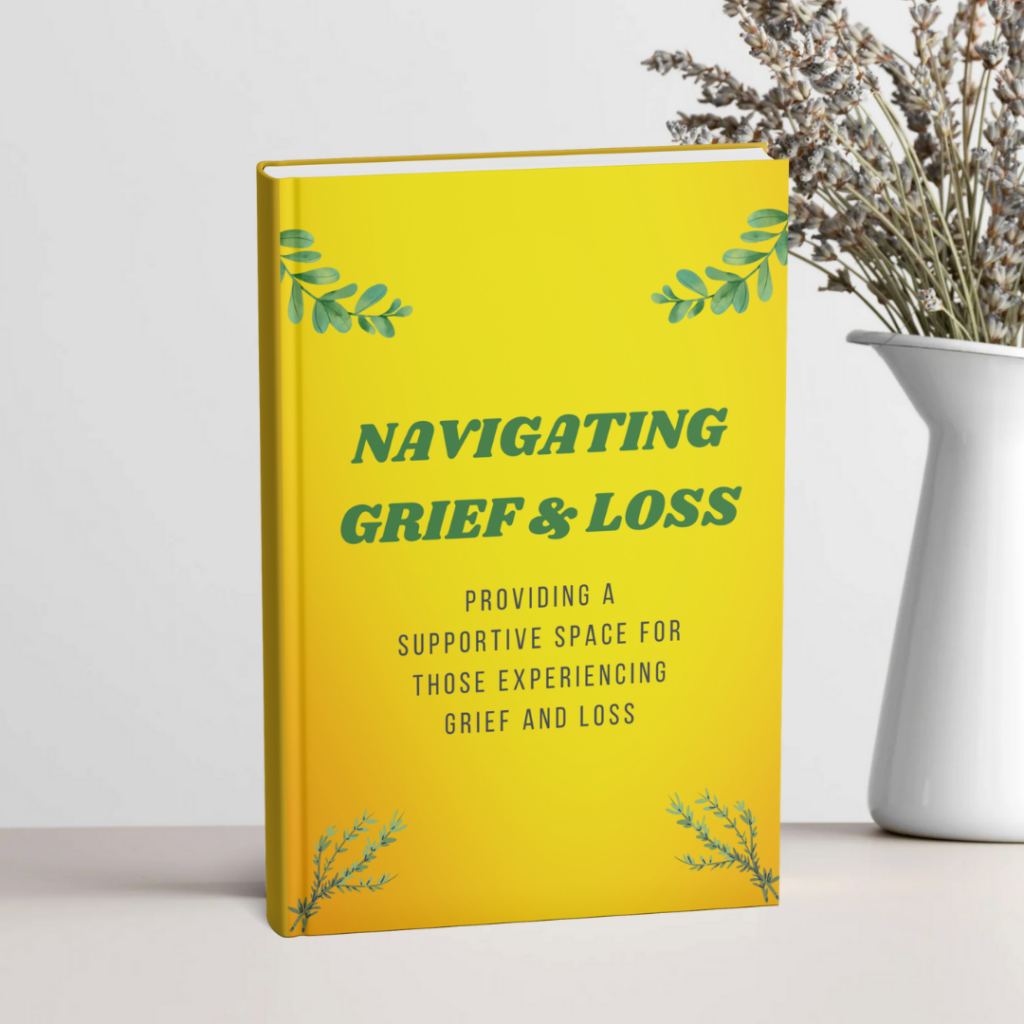Grief and Loss: Navigating the Emotional Landscape
Grief and loss aren’t solely tied to the passing of a loved one. They can manifest in many forms and arise from various circumstances. For example, the loss of identity, self, a job, a pet, opportunities, or the feeling that your hard work has been in vain can all evoke profound grief.
Understanding the different types of grief can help you navigate these challenging emotions and recognize that your feelings are valid, no matter their source.
The 13 Different Types of Grief:
1) Normal Grief
2) Anticipatory Grief
3) Disenfranchised Grief
4) Chronic Grief
5) Abbreviated Grief
6) Traumatic Grief
7) Absent Grief
8) Delayed Grief
9) Distorted Grief
10) Exaggerated Grief
11) Cumulative Grief
12) Secondary Loss
13) Masked Grief
Understanding The 13 Different Types of Grief
Normal Grief
Normal grief is the natural response to loss, involving a range of emotional, physical, behavioral, and social reactions. Emotional responses include anger, denial, and loneliness; physical symptoms may include fatigue, nausea, and tearfulness. Behavioral signs include forgetfulness and absent-mindedness, while socially, people may withdraw or face relationship difficulties. Though intense and varied, these reactions are temporary and part of a healthy process towards acceptance and healing.
Anticipatory Grief
Anticipatory grief occurs when you start grieving a loss before it happens, such as when a loved one is diagnosed with a terminal illness or plans a significant departure. This grief involves envisioning life without them, often accompanied by feelings of sadness, fear, or anxiety. While it can make enjoying the remaining time difficult, it also provides opportunities to prepare emotionally, say goodbye, and address unresolved matters, which may ease the grieving process after the actual loss.
Disenfranchised Grief
Disenfranchised grief arises when others do not acknowledge or validate a loss, such as the death of an estranged relative, ex-partner, or someone who passed from a stigmatized cause, like suicide or overdose. Society/your surroundings may dismiss the grief, leaving the individual feeling unseen and unsupported. It can also occur in non-death losses, such as traumatic events, a relationship change due to mental illness or addiction. Recognizing and validating your grief is essential, regardless of others’ perceptions.
Are you finding it difficult to navigate your grief?
I invite you to buy this grief journal on amazon to help you through this difficult process.


